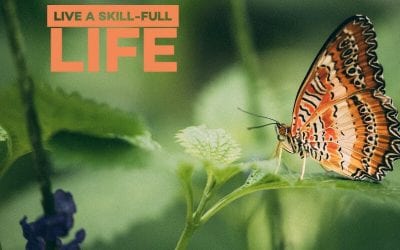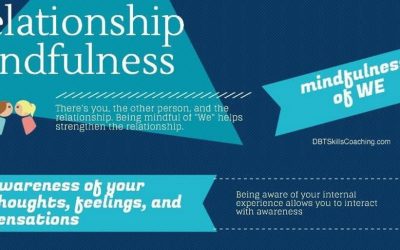Think about the beliefs you have about yourself. If you described your positive beliefs about yourself, what would you say? Stop for a minute and think about it. Be completely honest. No one’s listening. Do you believe you are smart with numbers? Are you confident in your people skills? Do you believe that you’re kind, make good decisions, have talents, contribute to society more than most or are a great mom? Do you believe that you are good to animals?
Now what about your negative beliefs about yourself? Do you believe you aren’t good enough? Do you believe there’s no point in trying to make friends because you can’t? Do you know where those beliefs came from?
Everyone has beliefs about themselves that affect their daily life. Most haven’t really considered their beliefs carefully. Yet your beliefs affect the way you live your life.
List your positive beliefs about yourself in a chart like the one below. Think really hard. It’s important to know your positives. Also list your beliefs about yourself that aren’t positive. What are your weaknesses? We all have them.
After you’ve listed positive beliefs and negative beliefs about yourself, then consider how those beliefs affect your life. For example, if you believe you have to keep other people happy, how does that help you and how does it get in your way? Sometimes a positive may also have a negative impact on your life in addition to being a gift. For example, if you see yourself as having the ability to cheer people up, does that affect your life in that you sometimes feel responsible for others’ moods? Use the chart below as a guide for writing down your thoughts.
Your Views of Yourself
| Strength Beliefs/Positives | How Your Beliefs Affect Your Life | |
| Limitations/Challenges | How Your Beliefs Affect Your Life | |
Now that you have looked at how your beliefs affect your life, the next step is to Check the Facts. If you are living your life according to your beliefs, it’s important that your beliefs are accurate or helpful. If you believe that you can’t make friends, for example, is that true? Do you know that for sure? Then it’s a skill problem, something you can learn. But maybe it’s not true. Maybe it’s really true that you pull away because you are afraid of trying because you have the belief that you can’t. So your belief that you can’t do something becomes true because you don’t try.
List below the beliefs you have that have a negative effect on your life (take them from the chart above). Let’s call those limiting beliefs. For each limiting belief you have, ask yourself what the facts are. A fact is a proven truth. Are your limiting beliefs facts? One person telling you that you are not good at solving problems does not make it a fact.You telling yourself that you are not good at solving problems does not make it a fact.
| Limiting Belief/Weakness | Fact/Proven Truth? | New Statement About Yourself |
For the limiting beliefs that are not facts, what is a statement that is true? For example, “I meet people best in small groups or one on one,” might be a true statement while “I can’t make friends,” really isn’t accurate. Often being very specific instead of global helps you find truth. Rewrite the belief into a statement that is a fact. Practice replacing the belief that isn’t true with the facts.
If you decide that a limiting belief is a fact (that’s normal, we all have challenges), then do you want to change it? If so, what skills can you practice to help strengthen or build the skills that you need? If you don’t know the answer, who could help you figure this out?
Live a skill-full life





0 Comments